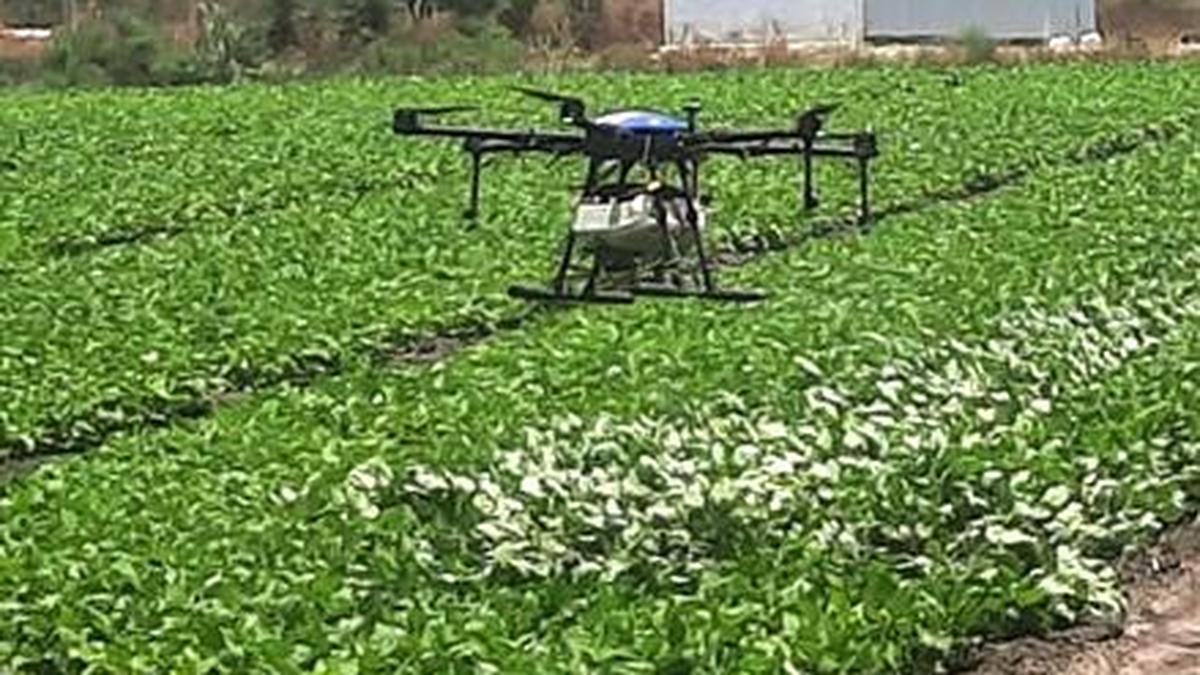Key insights
-
1
Labor Shortages Addressed
Drones help alleviate the challenges posed by labor shortages in agriculture.
-
2
Environmental Benefits
Drone technology promotes biodiversity and reduces chemical usage.
-
3
Precision Agriculture
Drones provide detailed insights into crop health and soil conditions.
Takeaways
The integration of drone technology in agriculture represents a significant advancement towards sustainable farming practices, addressing both productivity and environmental concerns.
